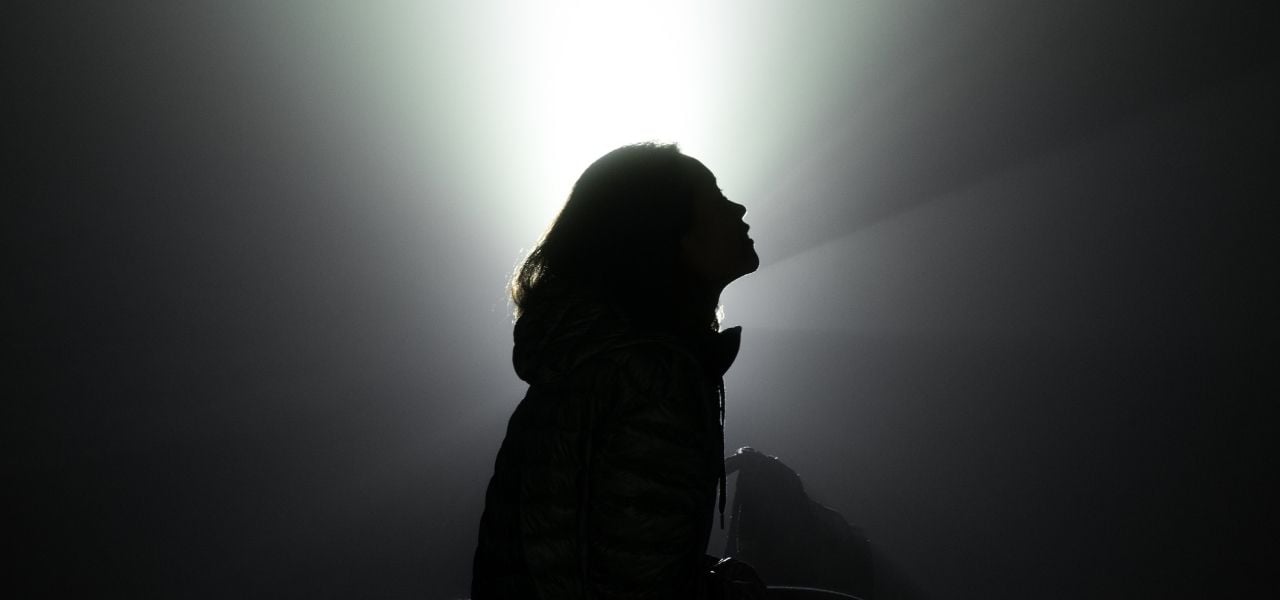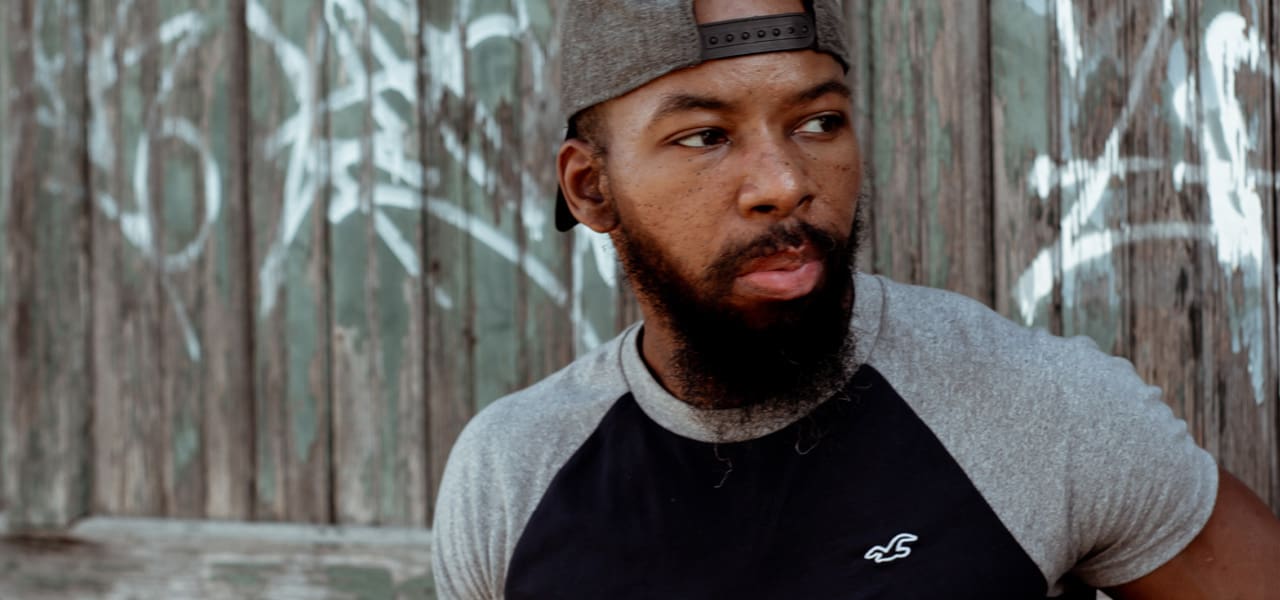It is not uncommon for an individual with a substance use disorder to relapse after undergoing addiction treatment.
But it’s what happens after that matters.
For example, some treatment programs help reframe relapse as a learning opportunity.
In the video below, Ledgehill alumna Gillian describes how attending a treatment program that addressed the underlying causes that contribute to a substance use disorder helped her make the connection between addiction and trauma.
“It was after my first time going to a co-ed facility and then relapsing after the fact that I realized: I have male-related trauma,” says Gillian.
How a Gender-Specific Facility Starts The Healing
Before coming to Ledgehill, Gillian attended a co-ed facility and relapsed after this treatment.
Through attending a gender-specific facility, she began to make the connection between a traumatic childhood experience—being sexually abused by a family member—and her substance use disorder.
“I never felt safe around men and I didn’t understand why. And I kind of blanketed it as I don’t feel safe around anyone ever.
But the truth at the heart of it was I didn’t feel safe around men, because of my own experiences. And being in a gender-specific facility allowed me to see that.”
Gillian says being surrounded by women in a safe environment enabled her to take the first steps to address the trauma she experienced and begin to explore its connection to her substance use disorder.
‘What You Bury Grows’: How Trauma Creates the Conditions for Addiction To Take Root
Gillian says before she got to the root cause of her addiction, she experienced a relapse.
Trauma can create the conditions for addiction to take root: An Australian national survey of mental health and well-being found that approximately 50% of female sexual abuse survivors will develop PTSD.
“I felt if I just tucked the secret away that I will be okay, not realizing that what you bury might grow,” she says.
She says she eventually started to believe she “didn’t deserve” help and was “inherently bad.”
“I would then seek out these bonds with people and relationships that proved to me that I was inadequate, that I didn’t matter.”
Healing Happens in the Body and Mind
Gillian attributes her healing and recovery to attending a gender-specific facility, and also to staff members skilled in handling trauma and emotions.
For Gillian, it was about more than working through the physical side of addiction—it was about addressing (and disentangling from) what can go on inside your mind.
The experience has inspired Gillian to pay it forward: she is a volunteer at Ledgehill and regularly participates in community activities.
Watch: Ledgehill Alumna Gillian on Healing Through Acknowledging Trauma
In the video below, Gillian talks about how attending a gender-specific addiction treatment facility enabled her to make the connection between her substance use disorder and the trauma she experienced as a child.
Video Transcript:
After I had a stint at rehab in Newfoundland, a co-ed facility, the second time that I was considering getting help, I knew I needed to be surrounded by women. Because it was after my first time going to a co-ed facility and then relapsing after the fact that I realized I have male-related trauma. So how am I going to cope with that? How am I going to learn about that? How am I going to pick that apart and understand it? By being around other women. By being safe.
Because that’s the other thing for me is safety. I never felt safe around men and I didn’t understand why. And I kind of blanketed it as I don’t feel safe around anyone ever. But the truth at the heart of it was I didn’t feel safe around men, because of my own experiences. And being in a gender-specific facility allowed me to see that. And my whole life I was in denial of that otherwise. So, it definitely gave me the ability to see that and to acknowledge those traumas in a safe way that was okay.
At a very young age, I experienced trauma within my family that told me I didn’t matter. Being abused by an extended member of my family, I chose not to say anything about that abuse for 15 years. And the reason I chose not to say anything was out of fear. And I didn’t want anything to change in my life, I wanted the relationships in my life to stay the same, I was a child, and change scared me. So, I felt if I just kind of tucked the secret away that I will be okay, not realizing that what you bury might grow. And this grew into a form of inadequacy for me, where I didn’t seek the help I needed as a kid because I didn’t know better. But that then started to form a belief system in me that I didn’t deserve it, that I was inherently bad, that I deserved the bad things in life, or the bad things that happened to me. And that led to a sense of invalidation towards myself. And I would then seek out these bonds with people and relationships with people that proved to me that I was inadequate, that I didn’t matter.
We Can Help You With Addiction and Trauma
Ledgehill’s two facilities in Annapolis County, Nova Scotia, provide gender-specific treatment for men and women who need to heal in a peaceful, supportive environment free from fear or distraction. If you’d like to learn more about the addiction and mental health treatment programs provided by Ledgehill, enrol yourself in one of our programs, or refer someone else, please call us at 800-676-3393.



